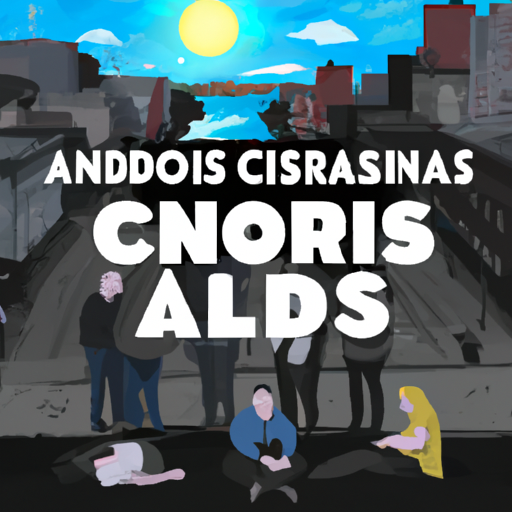The Opioid Crisis in Canada: A Look at Newfoundland and Labrador
If you have been following the news, you are probably aware of the escalating opioid crisis throughout Canada, especially in Newfoundland and Labrador. Most recently, protesters blocked the provincial legislature, just ahead of the provincial budget announcement. They were highlighting the current state of emergency with drug addiction, homelessness, and crime in the province.
The Lay of the Land
The situation in Newfoundland and Labrador is one faced by many Canadian communities grappling with the opioid crisis. The devastating health, social, and economic effects of this problem are far-reaching – impacting every facet of society. The homeless community is particularly vulnerable, with provincial data suggesting a correlation between rising opioid-related deaths and homelessness.
The Socioeconomic Impact
The impact of the opioid crisis extends far beyond the personal tragedies it brings. The resulting pressure on public health infrastructure, law enforcement, and social services cannot be understated. The rising rate of opioid-related crimes and the burden on emergency medical services paint a grim picture.
Furthermore, the issue of homelessness in the province is deeply interconnected with the opioid crisis. The challenge of offering appropriate resources to people who are homeless and struggling with addiction fuels a vicious cycle. Without adequately addressing both issues, breaking the cycle remains a daunting task.
The Opioid Class-Action Lawsuit
Another layer to the opioid crisis is the impending opioid class-action lawsuit. The government of Newfoundland and Labrador joined this suit, which was initiated by British Columbia to recover healthcare costs related to the opioid crisis. The suit is against 40 companies involved in manufacturing, wholesaling, and distributing opioids.
The outcome of this lawsuit could potentially provide financial resources to tackle the crisis. However, it is anticipated to be a long and drawn-out process and may not provide immediate relief to the myriad of problems.
The Response
While the road to recovery is challenging, the government and various organizations are diligently working to mitigate the effects of the opioid crisis. Some key efforts include:
- Introduction of Naloxone Kits: Naloxone, an opioid antagonist, can reverse overdose effects if administered promptly. The provincial government and community partners have made Naloxone kits available across the province.
- Community Outreach Programs: Mobile outreach services provide critical aid to homeless individuals suffering from drug addiction.
- Safe Injection Sites: These reduce the risk of infection and increase the likelihood of effective intervention should an overdose occur.
- Mental Health and Addiction Services: Providing access to these services is a step towards reducing the reliance on opioids.
A Long Road Ahead
Addressing the opioid crisis is a monumental task that requires a comprehensive, coordinated approach. It involves not just the law enforcement and healthcare sectors, but also housing and homelessness initiatives, community outreach programs, and broader socioeconomic interventions.
The road ahead might be daunting; nevertheless, acknowledging the opioid crisis and taking significant steps to address it remain paramount. By coming together as a community to tackle these challenges, immediate concrete steps towards a long-term solution can be made.
In Conclusion
The opioid crisis in Newfoundland and Labrador, like in many parts of Canada, is a complex and urgent problem that demands swift collective action. It manifests itself not just in the growing numbers of opioid-related deaths and crimes, but also in mounting societal pressures – homelessness chief among them.
Key steps such as the introduction of the Naloxone initiatives, opioid class-action lawsuits, and increased community outreach programs are indicative of the concerted efforts in place. However, the crisis is far from over, and the path to recovery will require ongoing commitment and action at all levels of society.
